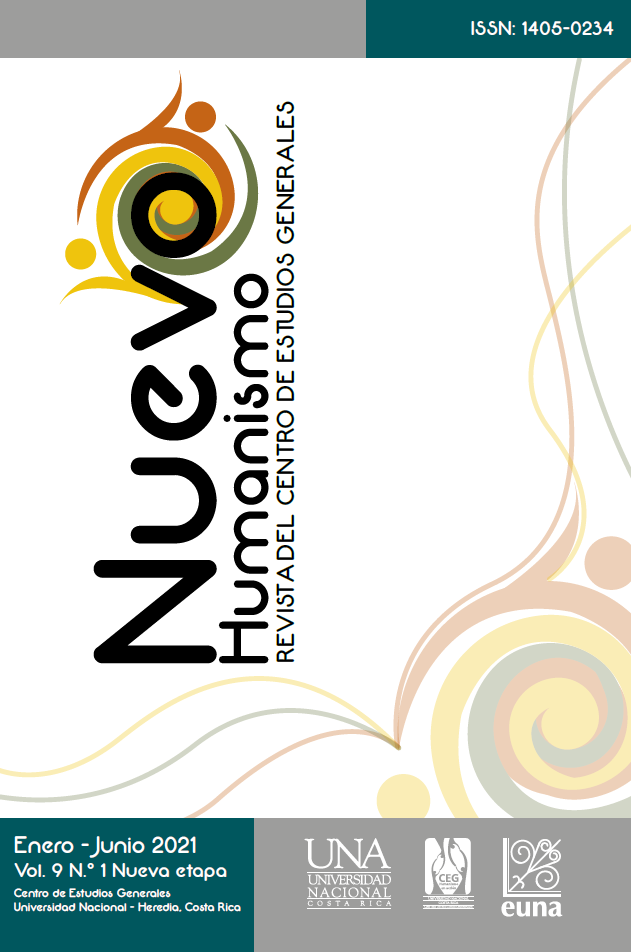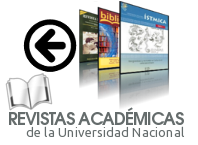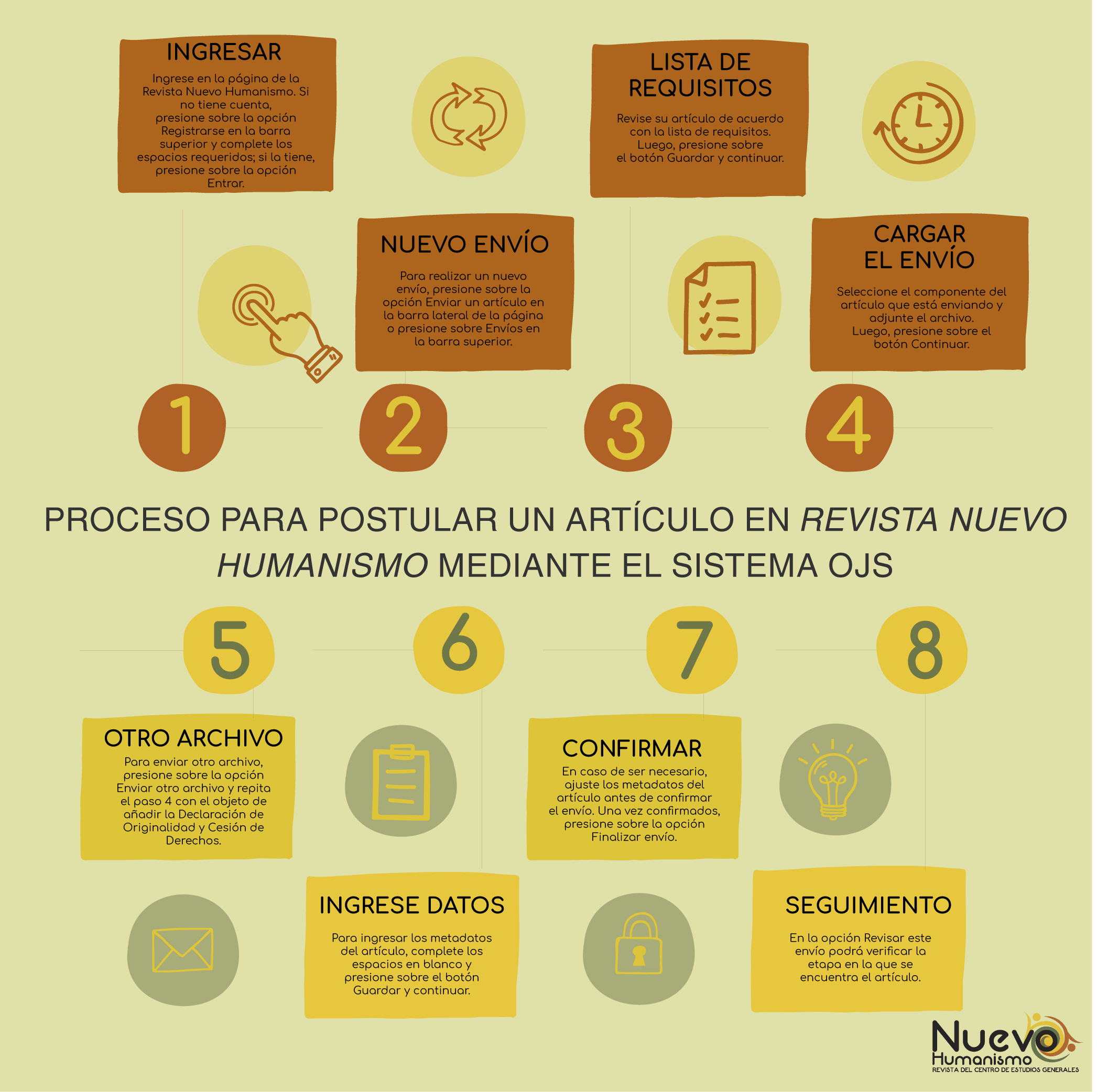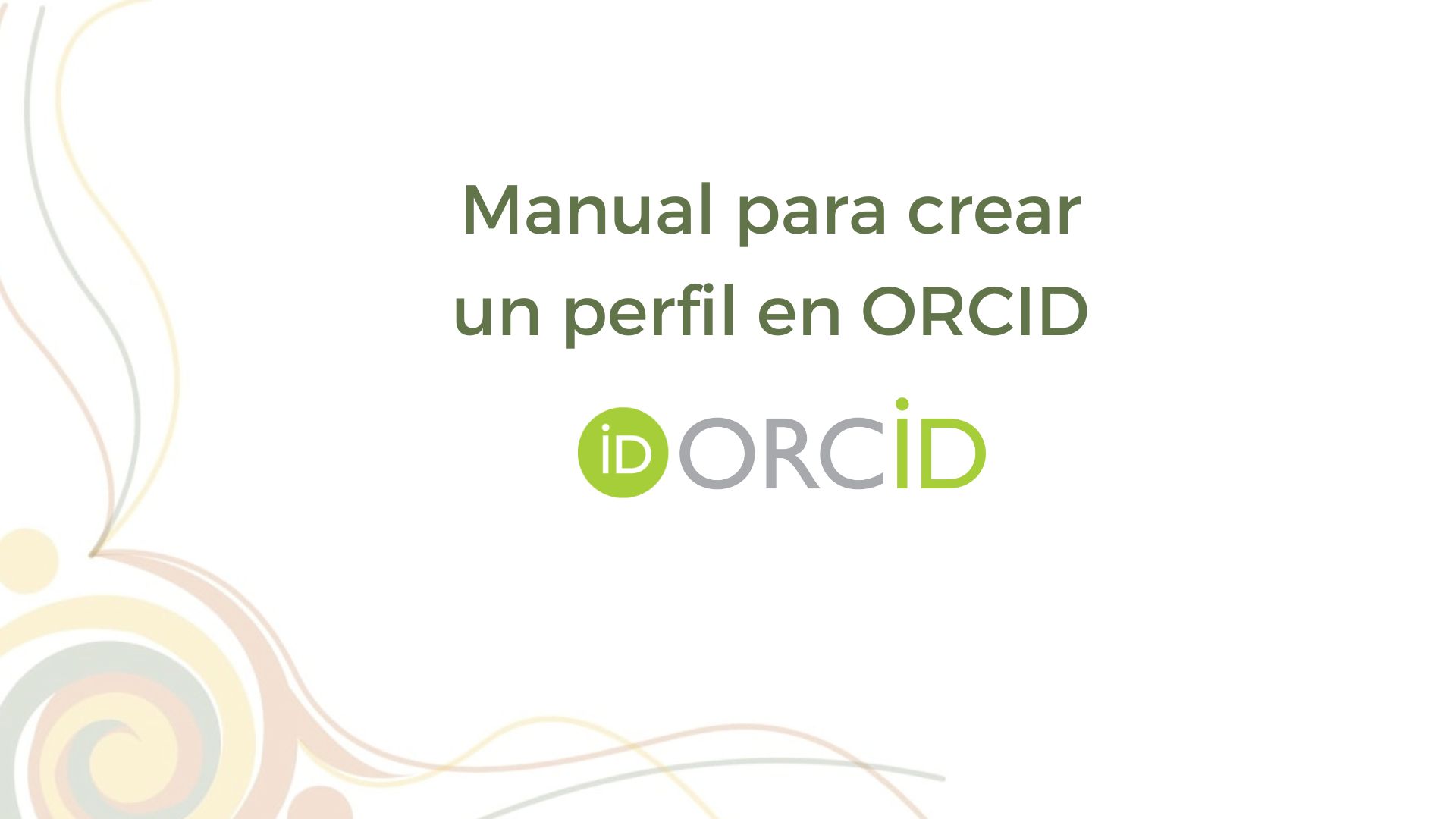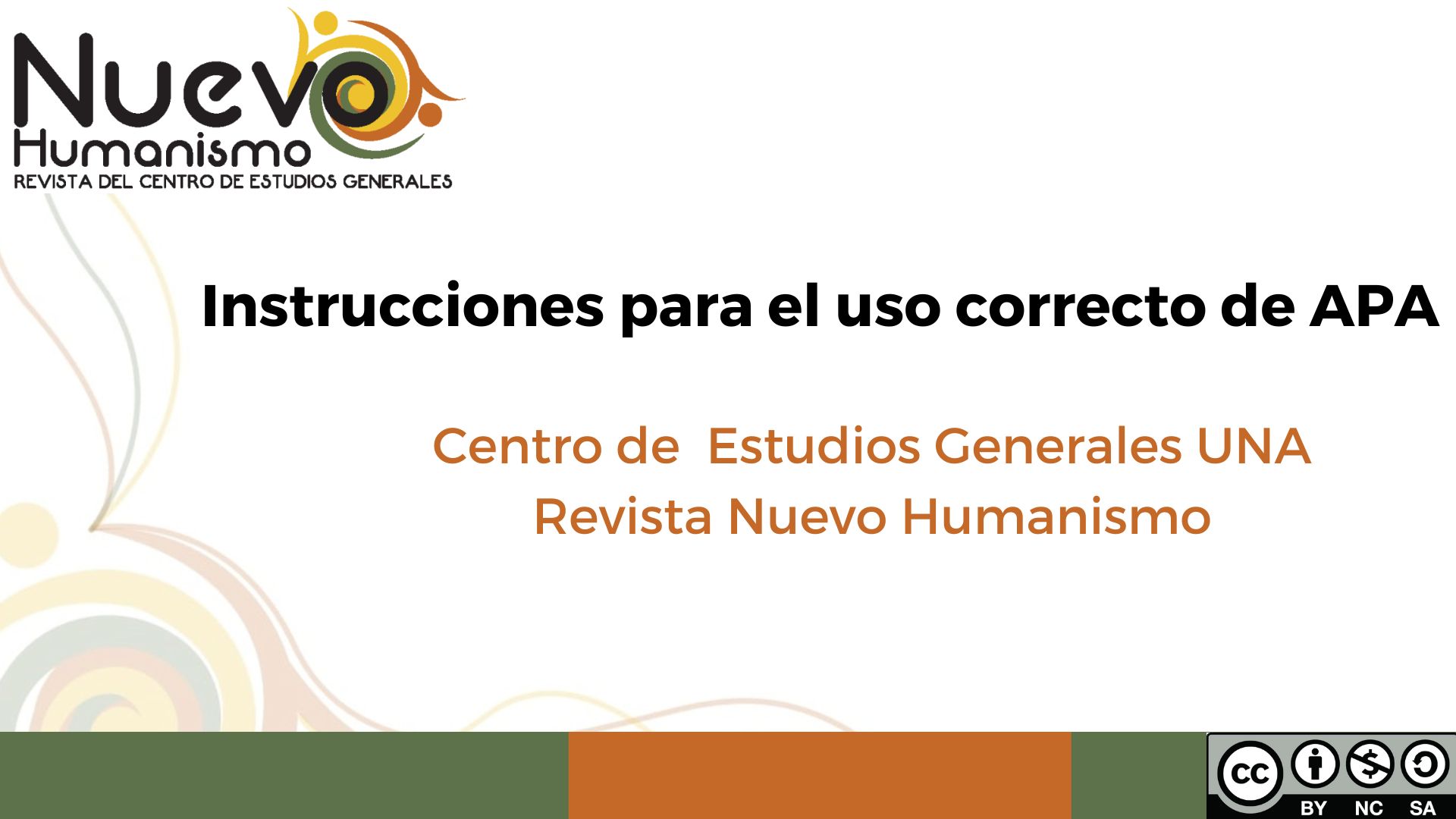New Humanism, General Studies and Pedagogy of Resistance.
DOI:
https://doi.org/10.15359/rnh.9-1.3Abstract
In this article we present a set of ideas that flow into one and the same essential proposal, which we formulate in the pages that follow: That it is possible and indispensable to promote a Pedagogy of resistance in order to facilitate and motivate students to develop the inner capacity for Critical Thought, without resorting to indoctrination, persuasion, or any form of behaviorism, even if disguised under the cloak of pseudo-open mindedness. But to achieve such goal, one has to place students at the very center of the process of teaching and learning. Searching for insights that shed light in this endeavor, we have examined a great deal of heterogenous works within the field of Critical Pedagogy. This way we have searched to synthesize in one proposal the latter, with the educational notions from Freire, and the self-emancipatory perspective of New Humanism. The authors of this essay have been educators for many years and in very different cultural and educational contexts, and this work reflects concerns which are not born from theory but from prolonged work in the classroom itself with students very diverse national idiosyncrasies and from different socio-economic backgrounds. Abstract concepts have only given a more elaborate and precise form to a rich empirical experience and to thoughts and intuitions accumulated for a long time. Therefore, this is the main conclusion we want to advance: that no matter how sophisticated, intelligent, creative and well-conceived your theories may be, they are useless if they are not applied in such a way that they are in accordance with the conceptual premises we may sustain.
References
Al-Khalili, J. (2011). The House of Wisdom: How Arabic Science Saved Ancient Knowledge and Gave Us the Renaissance. Penguin Press.
Baraona, M. (2005). Puntos de fuga. El fin de una historia y la transición a la hipermodernidad. LOM.
Baraona, M. & Mata, E. (2015). “Los Estudios Generales como pedagogía multidisciplinaria en vías a la interdisciplina”. Revista de Nuevo Humanismo. 3(1) DOI: 10.15359/rnh.3-1.3.
Baraona, M., Castro, Willy; Muñoz, D. (2020). “Catorce principios pedagógicos que dimanan del Paradigma Tri Dimensional (PTD) del Nuevo Humanismo”. Revista Nuevo Humanismo. 8(1):9-15.
Bajaj, M. (2015). “Pedagogies of resistance’ and critical peace education praxis”. Journal of Peace Education. Vol. 12(2): 154-166. Doi: http://dx.doi.org/10.1080/17400201.2014.991914
Darder, A. (2017) Resistencia emancipadora y radicalización: indispensable en la formación de ciudadanos democráticos. Rizoma Freireano - n.° 22. Instituto Paulo Freire de España en: http://www.rizoma-freireano.org/resistencia-emancipadora-22#:~:text=Una%20pedagog%C3%ADa%20problem%C3%A1tica%20de%20la,opciones%20y%20de%20su%20derecho
Giroux, H. (2013). Una pedagogía de la resistencia en la edad del capitalismo de casino. Con-Ciencia Social, N.° 17 pp. 55-71.
Giroux, H. (2013). La Pedagogía crítica en tiempos oscuros. Praxis educativa. Año XVII, N.º 17 / 1 y 2 pp. 13-26.
Fish, S. (2013). “The Two Cultures of Educational Reform”. The New York Times. August 26, p.13.
Harvey, D. (2007). Breve historia del neoliberalismo. Akal.
Hill, D. (1993). Islamic Science and Engineering. Edinburgh University Press.
Holguin, D. (2013). Teoría y resistencia en educación, hacia una pedagogía crítica desde los planteamientos de Henry Giroux. En Clave Social. Vol. 2. N.° 1.
Jager, W. (1995). Paideia. FCE.
Keynes, J. (1936). The General Theory of Employment, Interest and Money. Harcourt, Brace and Company.
Klein, N. (2007). La doctrina del shock: El auge del capitalismo del desastre. Paidós Ibérica.
Lyons, J. (2009). The House of Wisdom: How the Arabs Transformed Western Civilization. Bloomsbury Press.
Marx, C. (2016/1844). Manuscritos económicos y filosóficos de 1844. Createspace Independent Publishing Platform.
Matos de Souza, R; Castaño, R.; Clementino de Souza, E. (2018). Pedagogía de la resistencia: la negación como pieza de (de) formación. Praxis educativa, Vol. 22, N.º 2 pp. 94-111 en: http://dx.doi.org/10.19137/praxiseducativa-2018-220209
Moya, L. (2019). Reseña de Pié (2019). La insurrección de la vulnerabilidad. Athenea Digital, 19(3), e2682. http://doi.org/10.5565/rev/athenea.2682
Páez, Ruth, Rondón, G. y Trejo, J. (editores). (2018). Formación docente y pensamiento crítico en Paulo Freire. CLACSO.
Real, E. (2015). Peter McLaren: De la pedagogía de la Resistencia a la pedagogía de la transformación. Piezas. Revista semestral Nueva Época, volumen VI, núm. 20.
Ribeiro, D. (1971). La universidad necesaria. Editorial Universitaria.
Ribeiro, D. (1995). Brasil como problema. FCE.
Rodríguez L.; Marín, C.; Moreno, S.; Rubano, M. (2007). “Paulo Freire: una pedagogía desde América Latina”. Ciencia, Docencia y Tecnología, vol. XVIII, núm. 34, pp. 129-171.
Sánchez, N.; Sandoval, E.; Goyeneche, R.; Gallego, D. ; Aristizabal, L. (2018). La pedagogía crítica desde la perspectiva de Freire, Giroux, y McLaren: su pertinencia en el contexto de Colombia y América Latina. Revista Espacios. Vol. 39 (N. º 10). Año 2018, pág. 41.
Sanz, N.; Sjur, B. (2002). The Heritage of European Universities. Council of Europe.
Torres, C. (1999). “La universidad latinoamericana: de la reforma de 1918 al cambio estructural en los noventa”. Revista Mexicana de Investigación Educativa. julio-diciembre 7999. (Vol)4: 8, pp. 345-377
Torres, C. y Schugurensky D. (2001). “La economía política de la educación superior en la era de la globalización neoliberal: América Latina desde una perspectiva comparatista”. Perfiles educativos. Vol. 23, n.° 92

